As was revealed, ever since the regime change, American dollars have been rolling in, starting with the Alliance of Free Democrats (SZDSZ) and their circle. In our previous article we detail how SZDSZ and a closely-affiliated organization, the European Hungary Foundation, entrusted The Bancroft Group LP with fundraising on the same day: November 20, 1989. However, this was not the only example of foreign funding for the SZDSZ and their associates. As was documented, the Bancroft fundraising agreement only expired in January 1994.
American influence in Hungary (2)
In the first part of our series, we showed that during the regime change, the SZDSZ (Alliance of Free Democrats political party) party had the strongest overseas connections. They took advantage of their opportunities to smear their opponents as well as gather campaign funds. With contemporary documents and writings, we proved that the Karácsony-Márki-Zay American fundraising model has been in operation for decades, albeit at a smaller scale. In our current article it becomes clear that the appearance of foreign financial entities in party funding entailed a level of influence in domestic Hungarian policy.
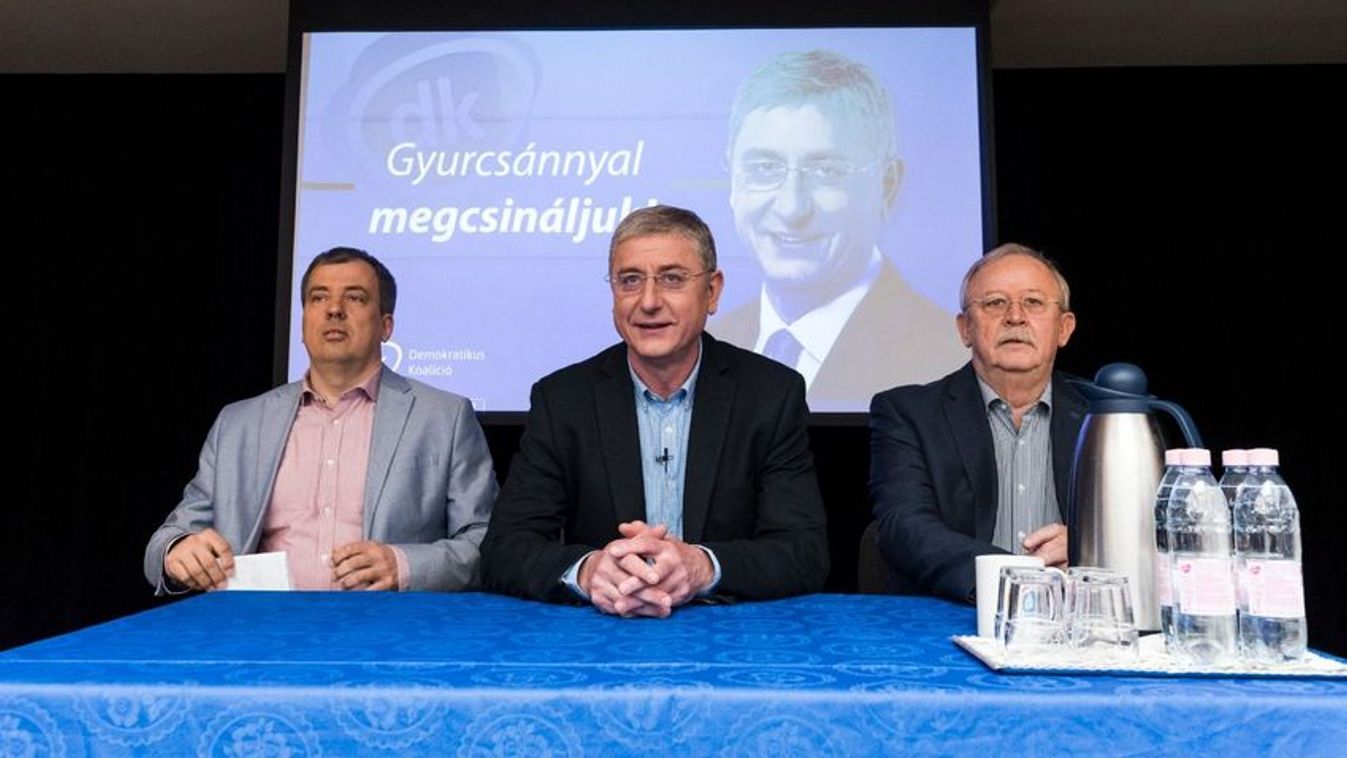
Financiers pushed SZDSZ towards a coalition in ‘94
The second part of the weekly liberal magazine Magyar Narancs’ series of articles entitled “SZDSZ as such: The language of Mérleg street” (location of the former SZDSZ headquarters) published in the late 90s revealed who was financing the post-communists’ 1994 campaign and why they finally decided to join the Gyula Horn-led government.
The number one influencing factor was the pressure from the pro-coalition stance of the party’s intellectual and material supporters. The five major supporters of the party who financed the national campaign as well as leading some local campaigns were all fairly militant coalition supporters: Gábor Várszegi’s Fotex, Postabank, Dunhaolding, János Fenyő, and the most significant supporter, George Soros. Nobody likes to support a party forced into an opposition role. Várszegi and István Tamás, the owner of Dunaholding, warned the party leadership: “don’t think you’ll have money for the next campaign without us!” They were shocked that the party’s leaders did not have the insight to understand that for the financiers, this support was a kind of investment which must pay off. And the party can only “repay” that support by becoming part of the power.
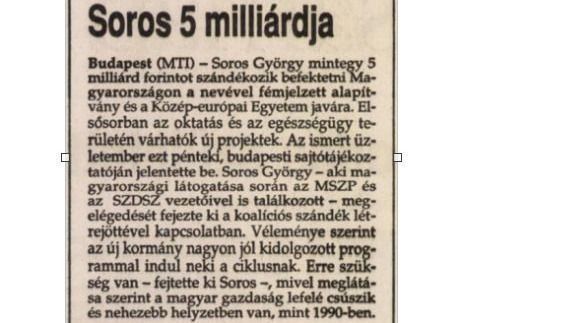
As the Hajdú-Bihari Napló (regional newspaper) wrote on June 25, 1994, based on an MTI report: Soros who, according to Magyar Narancs “was the biggest supporter of SZDSZ… expressed his satisfaction with the intent to create the coalition.” And we have two examples of how SZDSZ actually tried to support Soros’ interests from their government position.
On one hand, Soros wanted to buy OTP – with the support of SZDSZ according to contemporary media reports. In 1994 with the establishment of the SZDSZ-MSZP (Hungarian Socialists) governing coalition, SZDSZ tried to include the OTP Bank in the privatization package. The Soros Fund Management LLC even made an offer to buy 25 percent of OTP.
Lajos Bokros played a major role in the planned privatization of the financial institution; he was the Horn government’s Finance Minister from March 1, 1995 to February 29, 1996 and later became a professor at CEU. In the first round of privatization, he even passed the cabinet. However, at the same time, the decision also caused serious opposition within the government. OTP leader Sándor Csányi and Lajos Bokros reportedly had an argument that led to Gyula Horn demanding they “stop bickering here and go out into the hallway.”
Bokros in fact wanted to replace the head of the bank on the verge of privatization. The extent of the Soros-SZDSZ entanglement is indicated by the fact that the representative of the Soros Foundation intending to invest in the ultimately failed privatization story was none other than Alajos Dornbach, a member of parliament from the left-liberal party.
In the end, Horn prevented Soros from buying OTP, stating in a government decision: OTP will remain partially state-owned with a national majority and no shareholder may gain an influencing stake. Foreign investors own up to five percent each while domestic investors can have up to ten percent.
Another example of intervening on his behalf was the “Lex CEU” affair. In 2005, George Soros wrote a letter to Bálint Magyar. At the time, he was one of the top most influential leaders of SZDSZ and education minister. The American speculator requested that his university, CEU, be exempt from certain higher education standards – and this was legally granted in 2004. In a letter preserved for posterity, he thanked one of the key figures from SZDSZ for this and also formulated an additional legislative request. In his letter, George Soros practically described István Teplán as a lobbyist who later was connected to Jobbik.
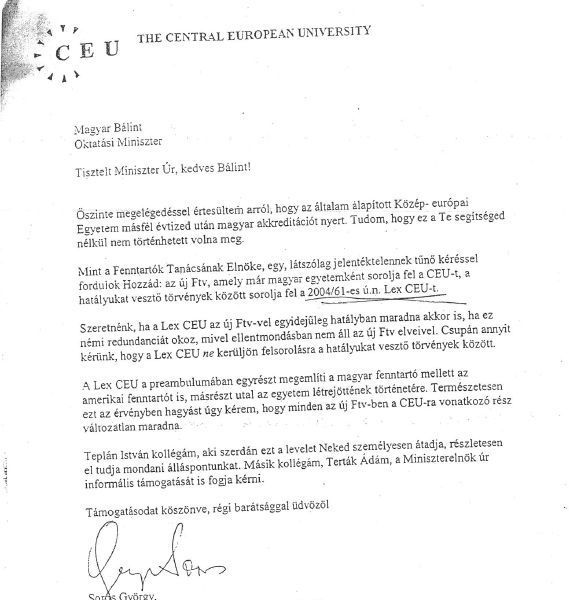
Read the source of the letter here.
The aforementioned examples prove two things: one, that the foreign funding model appeared among the leftist-liberals 33 years ago at the dawn of the regime change and has been maintained ever since.
In September 2022, Magyar Nemzet proved at length that several events of this year’s campaign were decided by foreigners – for example the left’s position on the war. They also wholeheartedly supported the expectations of foreign sanctions – in fact they were willing to completely cut off Russian gas from Hungary.
További IN ENGLISH híreink
Thus, several concrete events – from pressure to form coalitions and privatize, to legislation creation and campaign promises – prove that those who pay, ask for something in return. Be it 1994, 2004, or even 2022, foreign financial intervention is ready to restrict decision-making and even Hungary’s sovereignty.
In our next part of the series, we will expose the other pillar of foreign influence: the establishment of the non-governmental organizations’ network and their American funding.
Photo: Ferenc Gyurcsány and Gábor Kuncze (Photo: MTI)
Komment
Összesen 0 komment
A kommentek nem szerkesztett tartalmak, tartalmuk a szerzőjük álláspontját tükrözi. Mielőtt hozzászólna, kérjük, olvassa el a kommentszabályzatot.
A téma legfrissebb hírei
Tovább az összes cikkhez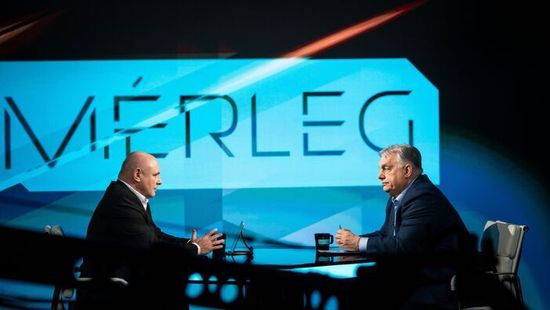
PM Orban: Staying out Is Key in Next Four Years
The core of the Middle East conflict has already moved into Western Europe, PM Orban warned.

Hungary FM: More of Us Returned Than Those Who Left
Hungary has freed Transcarpathian-Hungarian prisoners of war.

PM Orban: Mission Accomplished! + Video
Hungary has freed the prisoners of war.
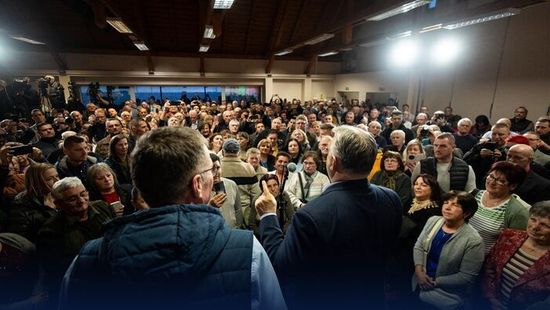
PM Orban: April Election to Decide Whether Hungary Has a Pro-Hungarian or Pro-Ukrainian Government + Video
Peter Magyar is the Ukrainians’ man, the Tisza Party is financed by Ukraine.
Ne maradjon le a Magyar Nemzet legjobb írásairól, olvassa őket minden nap!
- Iratkozzon fel hírlevelünkre
- Csatlakozzon hozzánk Facebookon és Twitteren
- Kövesse csatornáinkat Instagrammon, Videán, YouTube-on és RSS-en

Címoldalról ajánljuk
Tovább az összes cikkhez
PM Orban: Staying out Is Key in Next Four Years
The core of the Middle East conflict has already moved into Western Europe, PM Orban warned.

Hungary FM: More of Us Returned Than Those Who Left
Hungary has freed Transcarpathian-Hungarian prisoners of war.

PM Orban: Mission Accomplished! + Video
Hungary has freed the prisoners of war.

PM Orban: April Election to Decide Whether Hungary Has a Pro-Hungarian or Pro-Ukrainian Government + Video
Peter Magyar is the Ukrainians’ man, the Tisza Party is financed by Ukraine.
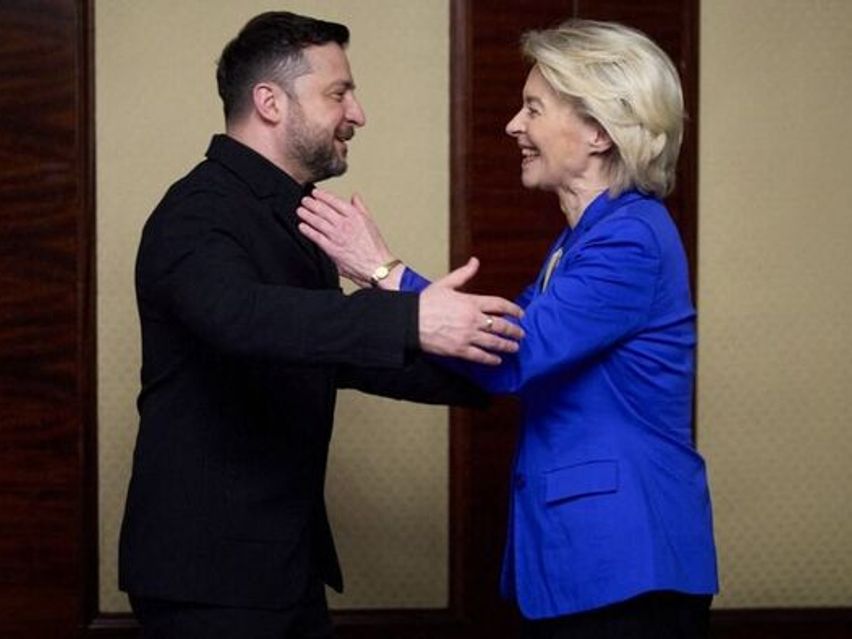


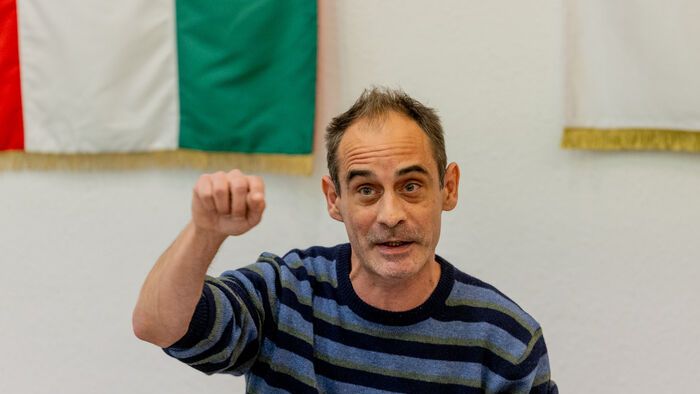






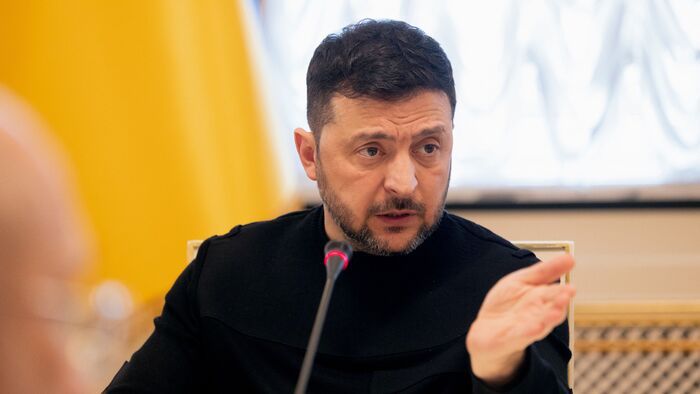
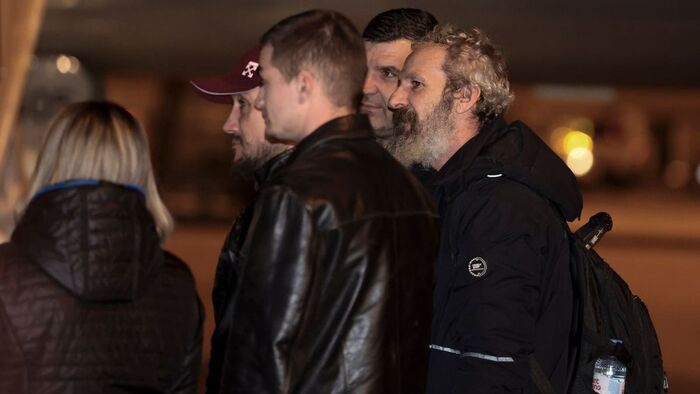




Szóljon hozzá!
Jelenleg csak a hozzászólások egy kis részét látja. Hozzászóláshoz és a további kommentek megtekintéséhez lépjen be, vagy regisztráljon!